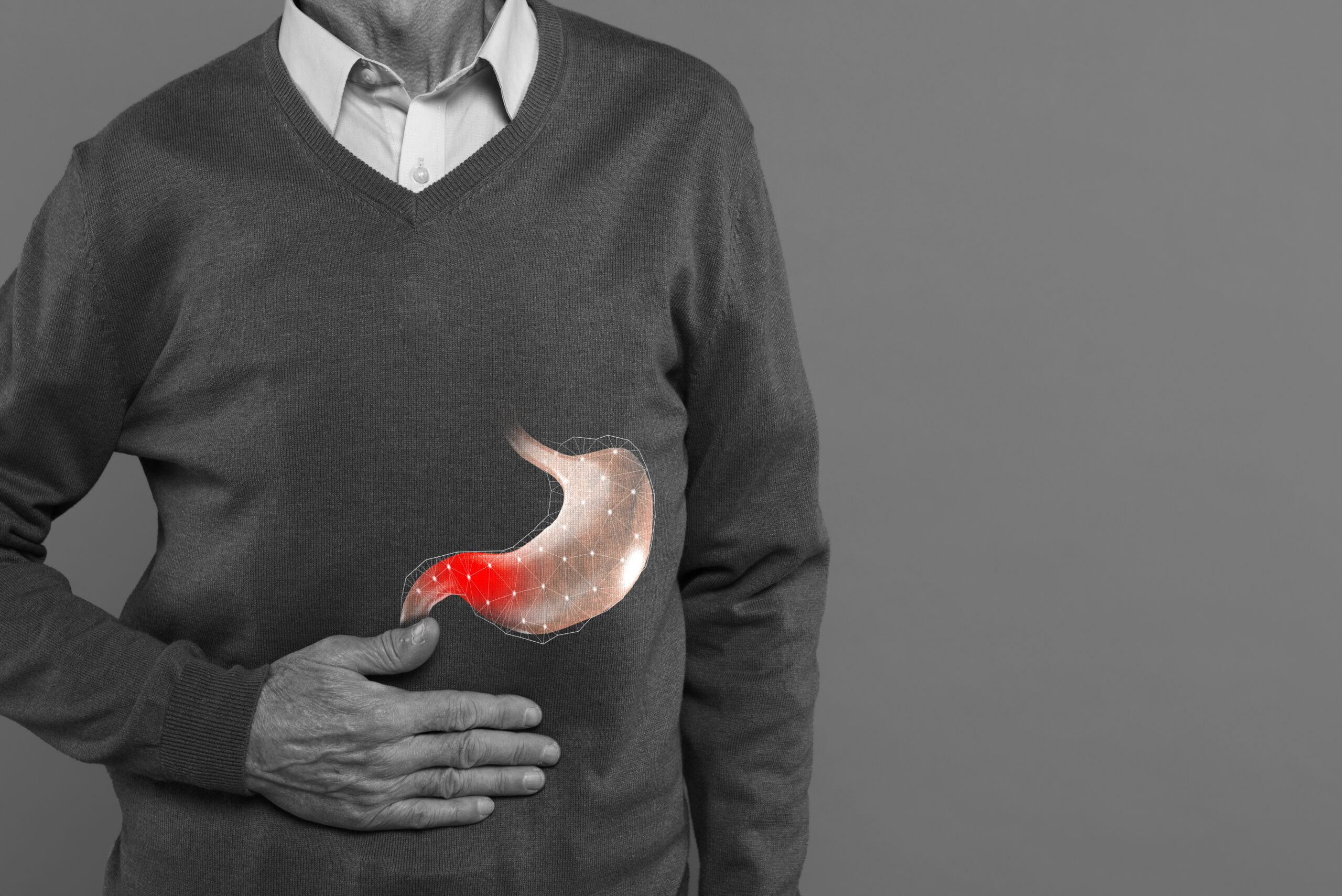Table of Contents
ToggleLiver, the Silent Warrior: Understanding the major Causes of Liver Problems
Our liver is a silent warrior, working tirelessly in the background to keep us healthy. It performs over 500 vital functions, including filtering toxins from our blood, producing proteins essential for digestion, and storing energy. However, this vital organ is susceptible to various conditions that can significantly impact our health. Let’s delve into the reasons behind it’s problems.
The Culprits: Unveiling the Causes
Liver problems can arise due to various factors. Here are some of the most common culprits:
Viral Infections: Hepatitis A, B, and C are viruses that can attack the liver, causing inflammation and damage. Chronic hepatitis B and C, if left untreated, can lead to cirrhosis (scarring of the liver tissue).
Alcohol Abuse: Excessive alcohol consumption is a leading cause of it’s damage. Alcohol is metabolized by the liver, and over time, this process can lead to fatty liver disease, alcoholic hepatitis, and eventually cirrhosis.
Non-alcoholic Fatty Liver Disease (NAFLD): This condition, characterized by fat buildup in the liver, is not caused by alcohol. Factors like obesity, type 2 diabetes, and high cholesterol increase the risk of NAFLD.
Autoimmune Diseases: In autoimmune hepatitis, the body’s immune system mistakenly attacks healthy liver cells, causing inflammation and damage.
Genetic Disorders: Certain inherited conditions, like hemochromatosis (iron overload) and Wilson’s disease (copper overload), can damage the liver.
Medications and Toxins: Certain medications, herbal remedies, and environmental toxins can be toxic to the liver, causing damage.
Lifestyle Factors: Obesity, a sedentary lifestyle, and smoking can increase the risk of liver problems.
The Spectrum of Effects: From Silent Threat to Serious Illness
Liver problems can range from mild to life-threatening. Early stages may cause no symptoms, making them difficult to detect. However, as the problem progresses, symptoms like fatigue, nausea, abdominal pain, jaundice (yellowing of the skin and eyes), and fluid buildup in the abdomen may appear. In severe cases, liver failure can occur, requiring medical intervention.

Identifying Symptoms:
Liver problems often manifest with a range of symptoms, which may vary depending on the underlying condition.
Common signs of liver issues include:
Fatigue and weakness
Jaundice (yellowing of the skin and eyes)
Abdominal pain or swelling
Nausea and vomiting
Loss of appetite
Dark urine and pale stools
Easy bruising and bleeding
Itchy skin
It’s important to note that liver problems can sometimes be asymptomatic, especially in the early stages. Regular check-ups and screenings are crucial for early detection and intervention.

Protecting Your Silent Warrior: Steps for a Healthy Liver
The good news is that many liver problems are preventable or can be managed effectively. Here are some steps you can take to protect your liver:
Maintain a Healthy Weight: Losing weight can improve liver health in individuals with NAFLD.
Eat a Balanced Diet: Focus on whole, unprocessed foods and limit saturated and unhealthy fats, sugar, and salt.
Drink Alcohol in Moderation: Limiting alcohol consumption is crucial for liver health.
Get Vaccinated: Vaccinations against hepatitis A and B can protect you from these viral infections.
Practice Safe Sex: This can help prevent the transmission of hepatitis B and C.
Be Cautious with Medications and Supplements: Always consult your doctor before taking any new medication or supplement.
Manage Existing Conditions: Controlling diabetes, high cholesterol, and high blood pressure can help reduce the risk of liver problems.
Get Regular Checkups: Routine checkups can help detect liver problems early on when they are most treatable.
By understanding the causes of liver problems and taking proactive steps to protect this vital organ, you can empower your silent warrior to continue safeguarding your health for years to come. Remember, even small changes in your lifestyle can make a significant difference in your overall liver health.












